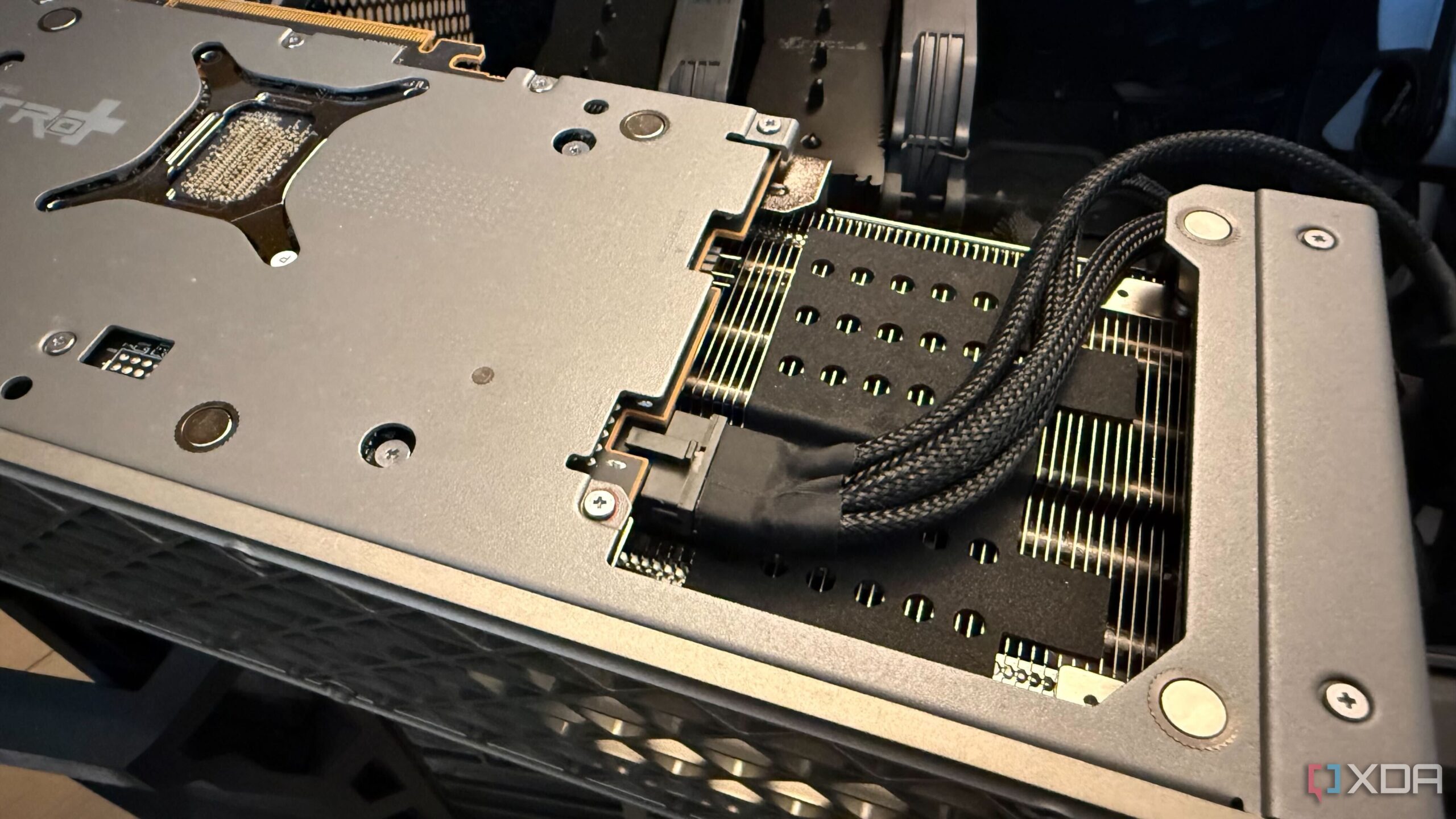Top Stories
New Insights Reveal Clock Speed Isn’t Key for Gaming Performance

URGENT UPDATE: New insights from gaming PC experts reveal that clock speed may not be the crucial metric for evaluating CPU and GPU performance as previously believed. This revelation comes at a time when gamers are investing heavily in high-performance components.
Recent findings underscore that while numbers like 5.6GHz for CPUs or 3,000MHz for GPUs often grab attention, they do not provide a clear picture of real-world performance. Instead, architectural design, cache size, and instructions per clock (IPC) are proving to be far more significant factors.
For instance, the Ryzen 7 7800X3D consistently outperforms the i9-12900KS in gaming tasks despite its inability to reach the same turbo clock speeds. This shift in understanding challenges gamers to rethink how they evaluate their hardware, focusing more on efficiency and architectural advancements rather than just raw clock numbers.
Experts emphasize that modern CPUs and GPUs are vastly different in architecture, making clock speed comparisons nearly meaningless. For example, AMD’s RX 7900 XTX may achieve higher core frequencies than NVIDIA’s RTX 4090, yet still lag in framerates due to architectural limitations.
Clock speed measures how many cycles per second a processor can execute, yet as AMD’s Zen 5 architecture takes the stage, it becomes evident that IPC and design improvements allow for significant performance gains without increasing frequency. Similarly, Apple’s M-series chips demonstrate that efficiency can trump raw clock speed, with performance improving dramatically even without higher clock figures.
This evolving perspective also highlights the misleading nature of advertised “boost clocks.” These figures often reflect ideal conditions rather than sustained performance under real gaming workloads. Temperature, voltage, and power delivery play critical roles in how frequently a processor can maintain its advertised speeds.
While clock speed still holds some relevance in niche scenarios, such as single-threaded simulation games, the consensus is clear: relying solely on clock speed when purchasing components can lead to uninformed decisions. As gamers gear up for their next builds, they must prioritize features like architecture and IPC over raw frequency.
As of now, the gaming community is encouraged to share this critical insight to help others make more informed decisions, especially with upcoming hardware releases on the horizon. Understanding these nuances may redefine how gamers approach their next PC builds, ensuring they maximize performance while avoiding common pitfalls.
Stay tuned for more updates as this story develops, and don’t forget to share this information with fellow gamers to elevate their hardware knowledge!
-

 Science4 weeks ago
Science4 weeks agoIROS 2025 to Showcase Cutting-Edge Robotics Innovations in China
-

 Politics3 weeks ago
Politics3 weeks agoJudge Considers Dismissal of Chelsea Housing Case Citing AI Flaws
-

 Lifestyle4 weeks ago
Lifestyle4 weeks agoStone Island’s Logo Worn by Extremists Sparks Brand Dilemma
-

 World4 weeks ago
World4 weeks agoBravo Company Veterans Honored with Bronze Medals After 56 Years
-

 Health4 weeks ago
Health4 weeks agoStartup Liberate Bio Secures $31 Million for Next-Gen Therapies
-

 Health4 weeks ago
Health4 weeks agoTop Hyaluronic Acid Serums for Radiant Skin in 2025
-

 Science4 weeks ago
Science4 weeks agoArizona State University Transforms Programming Education Approach
-

 Lifestyle4 weeks ago
Lifestyle4 weeks agoMary Morgan Jackson Crowned Little Miss National Peanut Festival 2025
-

 World4 weeks ago
World4 weeks agoHoneywell Predicts Record Demand for Business Jets Over Next Decade
-

 Sports4 weeks ago
Sports4 weeks agoYamamoto’s Mastery Leads Dodgers to 5-1 Victory in NLCS Game 2
-

 Top Stories4 weeks ago
Top Stories4 weeks agoIndonesia Suspends 27,000 Bank Accounts in Online Gambling Crackdown
-

 Sports4 weeks ago
Sports4 weeks agoMel Kiper Jr. Reveals Top 25 Prospects for 2026 NFL Draft









